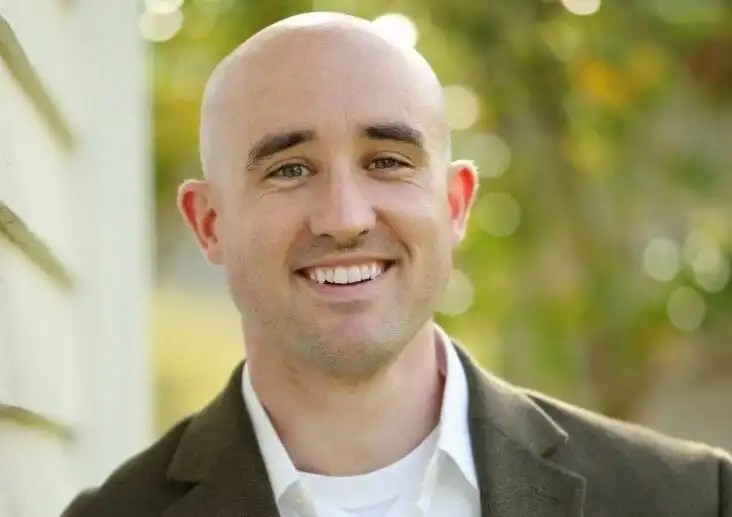Ask an Advisor: I'm Still Working at 77. Am I Allowed to Skip RMDs?
SmartAsset and Yahoo Finance LLC may earn commission or revenue through links in the content below.
I’m 77 years old and I requested my 401(k) fund administrator to prepare my RMD. I was told I do not have to withdraw my money if I am still employed. Please confirm if this in fact an IRS rule or that of the fund management company?
-Bea
That is correct, Bea. If you are still employed, you do not have to take a required minimum distribution (RMD) from your current 401(k) regardless of your age, as long as your employer doesn’t require it. That is in fact an IRS rule.
RMD requirements depend on your age, the account type and whether or not you are still employed. There have been some changes to these rules recently, so let’s review the minimum distribution requirements. (And if you need help with retirement planning, including RMDs, consider speaking with a financial advisor.)
The IRS won’t let you leave your retirement savings in tax-deferred accounts indefinitely. Instead, the government requires you to withdraw a certain amount of money from your accounts each year. How much you’re mandated to withdraw is based on your age and how much money was in your account at the end of the previous year.
Before the SECURE Act of 2019, RMDs started at age 70 ½. However, the law increased the RMD age to 72.
That increase was short-lived, though. The SECURE Act 2.0 raised the RMD age to 73 beginning in 2023 and set it to increase to 75 in 2033.
You are required to take an RMD from most tax-advantaged retirement accounts with the exception of Roth IRAs.
Under prior law, designated Roth accounts within employer-sponsored plans like Roth 401(k)s and Roth 403(b)s were still subject to RMD rules. However, the SECURE Act 2.0 addressed this shortcoming, and beginning in 2024 no Roth accounts will be subject to age-based RMDs. I specify “age-based” here to acknowledge the fact that inherited Roth accounts are still subject to the 10-year rule. (And if you have other retirement-related questions, this tool can help match you with potential financial advisors.)
Here lies the exception that applies to you. If you are still employed then you don’t have to take RMDs from the plan that your current employer sponsors.
However, even if you are still working then you must still take RMDs from:
So, if you have a 401(k) from a former employer, you’ll need to make sure that you’re taking RMDs from that account. A good workaround for avoiding RMDs for an old account is to simply roll those funds over into your current plan if you are allowed. (And if you need help planning your RMDs, consider working with a financial advisor.)




Leave a Reply